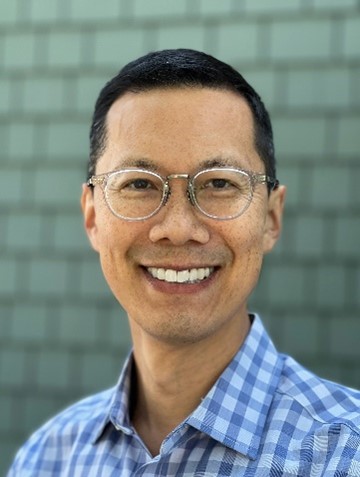
Targeted Interventions: Firearms, Culture & Suicide Care
In the United States, self-directed firearm use accounts for approximately half of all suicide deaths. To address this risk in health care settings, clinical guidelines advise health care professionals to engage patients in discussions about reducing firearm access when suicide risk is identified. In practice, broad differences in worldviews and practical knowledge about firearms between clinicians and firearm owners sometimes hinder the success of these discussions. In response to this “culture gap,” Targeted Interventions: Firearms, Culture & Suicide Care reviews attitudes, knowledge, and skills to support clinicians in working with patients who own and use firearms.
Targeted Interventions: Firearms, Culture & Suicide Care should take approximately 3 hours to complete.
Learning Objectives
Topics Covered
- A framework for cultural competency training
- Worldviews about firearms and clinical responsibilities
- Cultural factors related to firearm ownership and use
- Practical knowledge about firearms and locking devices
- Frameworks for understanding suicide risk and suicide care
- Recommendations for culturally informed lethal means counseling
Learning Objectives
By the end of this training, you will be able to:
- Identify your own cultural worldview about firearms and how this might affect clinical care.
- Distinguish ethical obligations when engaged in policy-based and clinically-based work.
- Identify cultural factors associated with firearm ownership and use.
- Describe the components of the suicidal process and suicide care.
- Explain the importance of narrative interviewing in suicide care.
- Describe the scientific basis for lethal means safety.
- Use recommended questions to assess for firearm access.
- Identify steps in a sequence of lethal means counseling: assessment for firearm access, orientation to lethal means safety, motivational interviewing, and case formulation.
 Dr. Jeffrey Sung is a board-certified psychiatrist and clinical assistant professor in the University of Washington Department of Psychiatry and Behavioral Sciences. His work includes training and advisory roles with Forefront Suicide Prevention and the Center for Suicide Prevention and Recovery. He has developed and delivered trainings on suicide prevention, suicide care, and responding to patient suicide locally and nationally for a broad range of health professionals, lay audiences and organizations, including technology companies and the U.S. Navy. For seventeen years, he provided psychiatric care in downtown Seattle through a Health Care for the Homeless Network grant. Dr. Sung also maintains a private practice for patient care, training, forensic and clinical consultation.
Dr. Jeffrey Sung is a board-certified psychiatrist and clinical assistant professor in the University of Washington Department of Psychiatry and Behavioral Sciences. His work includes training and advisory roles with Forefront Suicide Prevention and the Center for Suicide Prevention and Recovery. He has developed and delivered trainings on suicide prevention, suicide care, and responding to patient suicide locally and nationally for a broad range of health professionals, lay audiences and organizations, including technology companies and the U.S. Navy. For seventeen years, he provided psychiatric care in downtown Seattle through a Health Care for the Homeless Network grant. Dr. Sung also maintains a private practice for patient care, training, forensic and clinical consultation.
Course Acknowledgements
This course was developed by Forefront Suicide Prevention and the AIMS Center at the University of Washington, thanks to the Harborview Behavioral Health Institute and funding from the Substance Abuse and Mental Health Services Administration (SAMHSA).
Authors
- Jeff Sung, MD
- Brett Bass
Contributors
- Emma Mallonee, MPH
- Sabrina Votava, LMHC
- Casey Metzger
- Zach North
- Erica Runge
- Kathleen Gilligan
- Rick Stevenson
- Brooks Callison
- Jennifer Stuber, PhD
Developers
- Alan Gojdics, MEd
- Melissa Farnum, MA
- Diana Roll

 Facebook
Facebook Twitter
Twitter LinkedIn
LinkedIn Forward
Forward